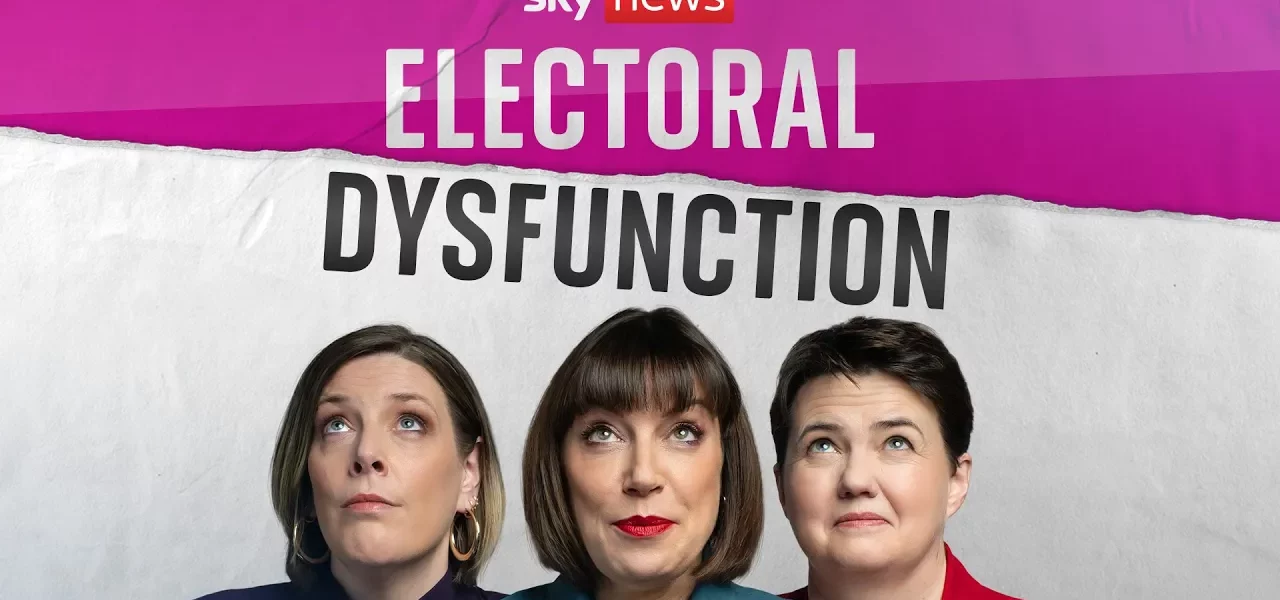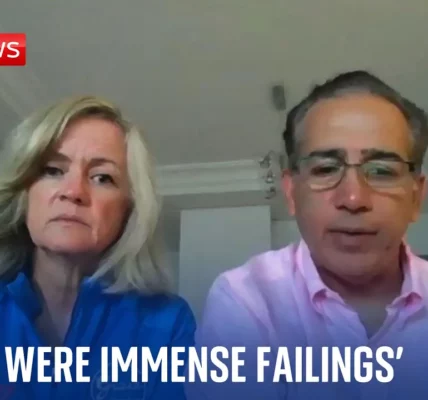Friday Electoral Dysfunction: Understanding Tactical Voting and Campaign Controversies

Join us as we delve into the intricacies of the current political landscape, examining key issues surrounding the upcoming elections, including tactical voting movements and the latest controversies involving Conservative candidates.
Introduction to Electoral Dysfunction
The political scene is heating up as we approach the upcoming elections, with various controversies and strategic movements making headlines. In this article, we will explore the latest incidents involving Conservative candidates, the rise of tactical voting campaigns, and the broader implications these have on the electoral process. With insights from key political figures and discussions on public sentiment, this article aims to provide a comprehensive overview of the current electoral dysfunction.
Recent Controversies in Conservative Campaigning
In the days leading up to the election, notable claims have emerged regarding Conservative candidates allegedly placing bets on the timing of the election. This has raised eyebrows and sparked discussions about the ethical implications of such actions.
Key Figures Involved
- Craig Williams: A junior parliamentary aide to Rishi Sunak who admitted to placing a bet on the election’s timing.
- Laura Saunders: A candidate from Bristol Northwest, who is also under investigation by the Gambling Commission.
- Tony Lee: The party’s director of campaigns, who has taken a leave of absence amidst the investigations.
Public and Political Reactions
The fallout from these revelations has been swift, with calls for accountability from both the public and political analysts. Many believe that this situation reflects poorly on the Conservative Party’s integrity and judgment.
Tactical Voting: A Growing Movement
As voter registration deadlines approach, tactical voting campaigns have gained traction on social media. These campaigns aim to encourage voters to strategically choose candidates to maximize their electoral impact.
The Importance of Tactical Voting
Tactical voting is often seen as a response to the first-past-the-post electoral system, where voters may feel compelled to choose candidates who are more likely to win rather than those who align with their personal beliefs.
Organizations Leading the Charge
- The Movement Forward: This grassroots organization has been instrumental in promoting tactical voting and advocating for proportional representation.
- Social Media Campaigns: Various online platforms have amplified the message of tactical voting, reaching a wider audience and increasing engagement.
Criticism of Tactical Voting
While tactical voting may promote political engagement, some argue that it detracts from meaningful discussions about policies and party platforms. Critics believe voters should be empowered to vote based on their values rather than strategic calculations.
The Role of Campaign Strategies in Elections
Campaign strategies play a crucial role in shaping electoral outcomes. As the election date approaches, parties must effectively communicate their messages and mobilize their supporters.
Challenges Faced by Political Parties
- Resource Allocation: Parties must decide where to focus their resources, which can lead to uneven campaigning across constituencies.
- Voter Engagement: Ensuring that voters feel connected and motivated to participate in the election is more important than ever.
- Adapting to Social Media: The rise of social media has changed how parties interact with voters, requiring innovative strategies to reach different demographics.
Effective Campaigning Techniques
Successful campaigns often utilize a mix of traditional and digital strategies, including:
- Door-to-door canvassing to engage with local voters.
- Targeted advertising on social media platforms.
- Utilizing data analytics to understand voter demographics and preferences.
Conclusion: Navigating Political Turbulence
The current political landscape is marked by both challenges and opportunities as we approach the elections. The controversies surrounding Conservative candidates and the rise of tactical voting campaigns highlight the dynamic nature of electoral politics. As voters prepare to cast their ballots, it is essential for them to stay informed and engaged. We encourage our readers to participate in the electoral process and consider the implications of their votes on the future of governance in their communities. Together, we can navigate this turbulent political climate and work towards a more representative democracy.
“`




